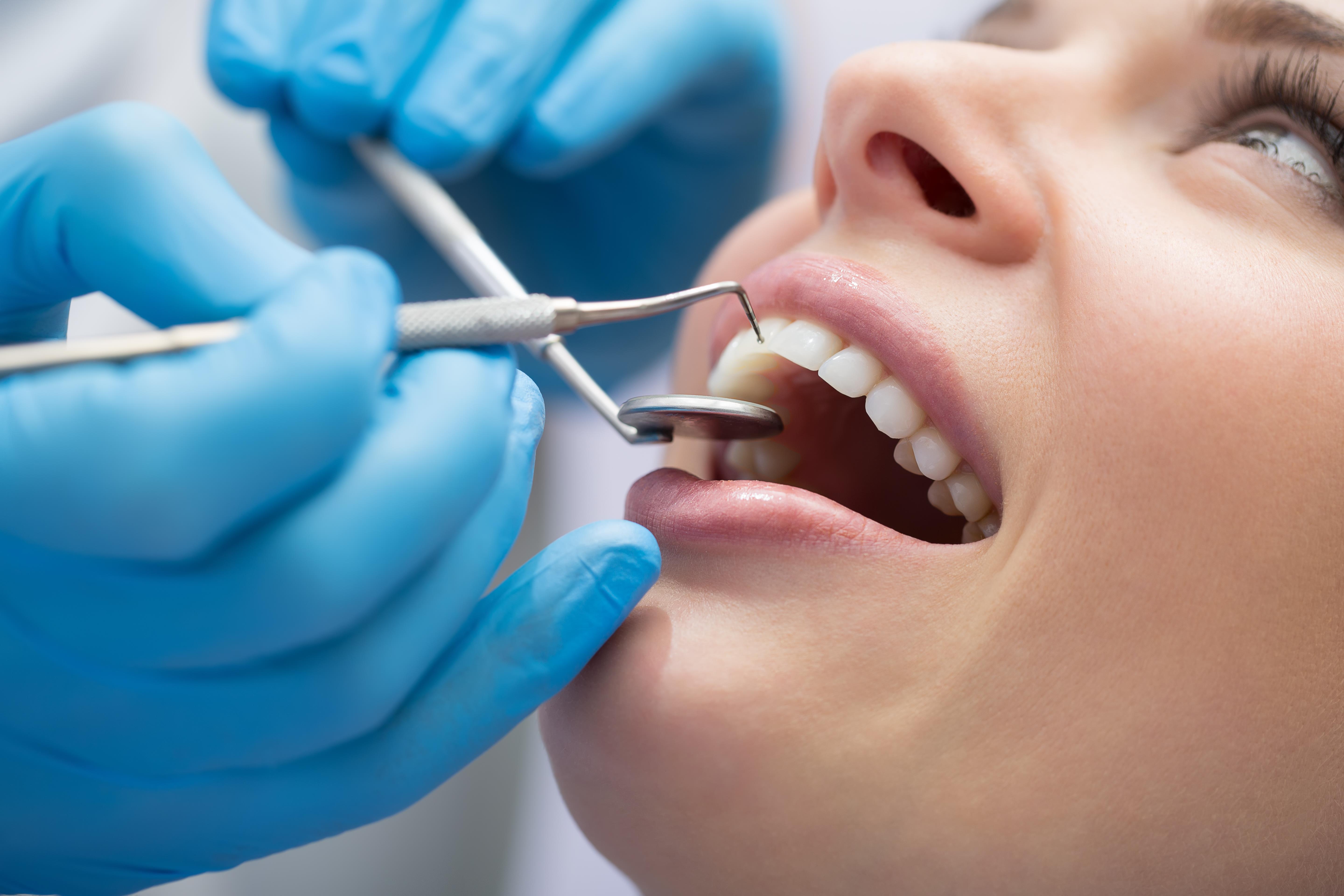
The number one reason why people are either scared of the dentist or just avoid it like the plague is fear of pain. While this can lead to issues getting worse, in some cases, it is not enough to motivate people to attend the dentist.
Some pain after a dental visit is to be expected, while other types of pain after dental work may require follow-up care. You may sit and wonder if your jaw pain or migrating pain in your ears, behind your eyes or other areas, is cause for alarm or is completely standard after visiting the dentist.
The most common types of pain are usually:
- Jaw pain
- Headaches
- Toothache
- Gum pain
- Ear pain
A popular and common pain after a poor or intense procedure, pre-existing conditions or very large cavities is TMD or TMJ pain. People who are notorious for grinding their teeth, clenching their jaw, chewing their cheeks, etc. are at a higher risk of being victims of prolonged and intense jaw pain and other postoperative pain.
How Long Does The Pain Last?
The majority of pain after a dental procedure should go away within 1-2 days; however, this is completely dependent on the procedure itself. For example, with wisdom tooth surgery, the pain could last closer to 1-2 weeks if all goes smoothly.
If you have TMJ pain after work, it may take months for the pain to subside. If you are confused if your pain is like TMJ, it’s best described as an aching pain in and around your ear and cheeks. It can cause difficulty chewing or pain while chewing. If your jaw is locking or making it hard for you to open or close your mouth, you have TMJ, which, without treatment, can last months.
You can always ask your dentist Solihull what kind of pain you should expect during and after the procedure.
In addition, you can always ask about the worst scenario and any at-home treatments that are effective and safe.
It’s crucial that you understand what kind of pain to expect; it helps you know when your dental issues call for an emergency visit and when to ride it out.
Questions to ask your dentist can include:
- Will I feel a stabbing pain?
- Should I expect a sore mouth?
- Can I eat solids?
- Should my recovery pain make it hard to perform daily tasks?
- How long will full recovery take?
Relieving Jaw Pain After Dental Work
If your pain is due to TMJ issues, you should ask your dentist for a bite block; this can be something you sleep in to prevent clenching or grinding. This will help with the healing process and take some of the strain off your muscles.
Try to incorporate anti-inflammatory foods before undergoing any dental procedures to reduce your overall pain and inflammation.
There are massaging techniques all over the internet that can help relax the muscles and help your mouth function back to normal.
It’s important to be patient with this pain; trying to force your mouth open will only make things worse. Sticking to taking pain relief, mouth guards and some TLC.
If you are prone to TMJ issues, be sure to make your dentist Cheltenham aware before making any plans for an invasive procedure that involves keeping your mouth open for a prolonged period of time. It can cause muscle fatigue or trismus.
Overall
It’s important to note that if you are concerned about any prolonged pain or if your jaw is completely stiff, you should visit your dentist immediately.
